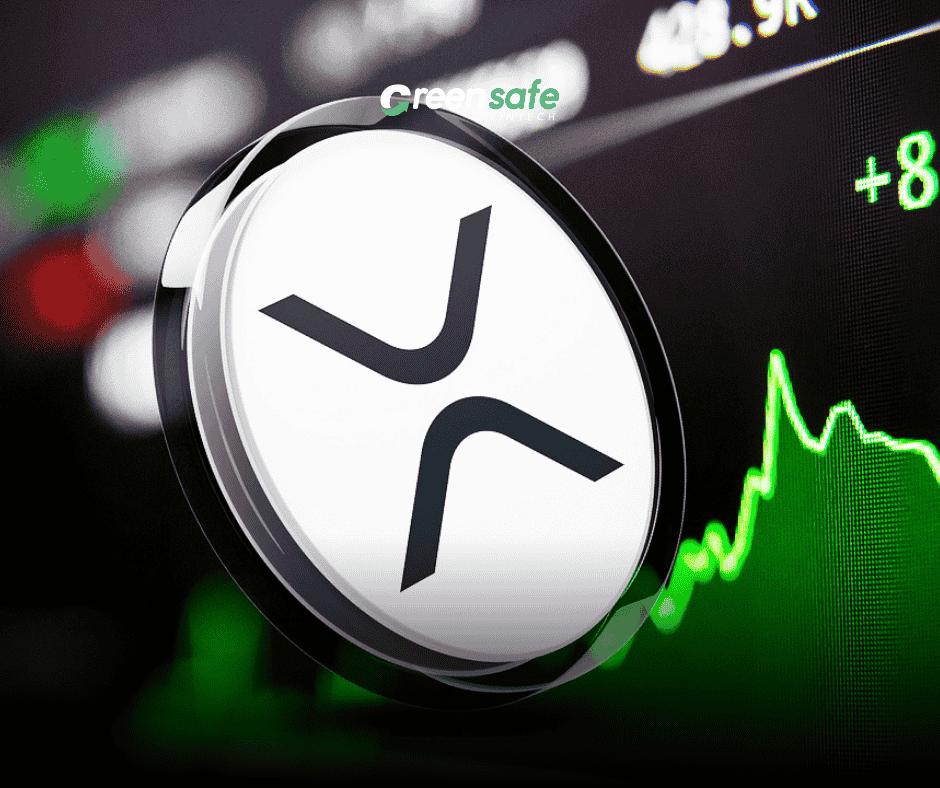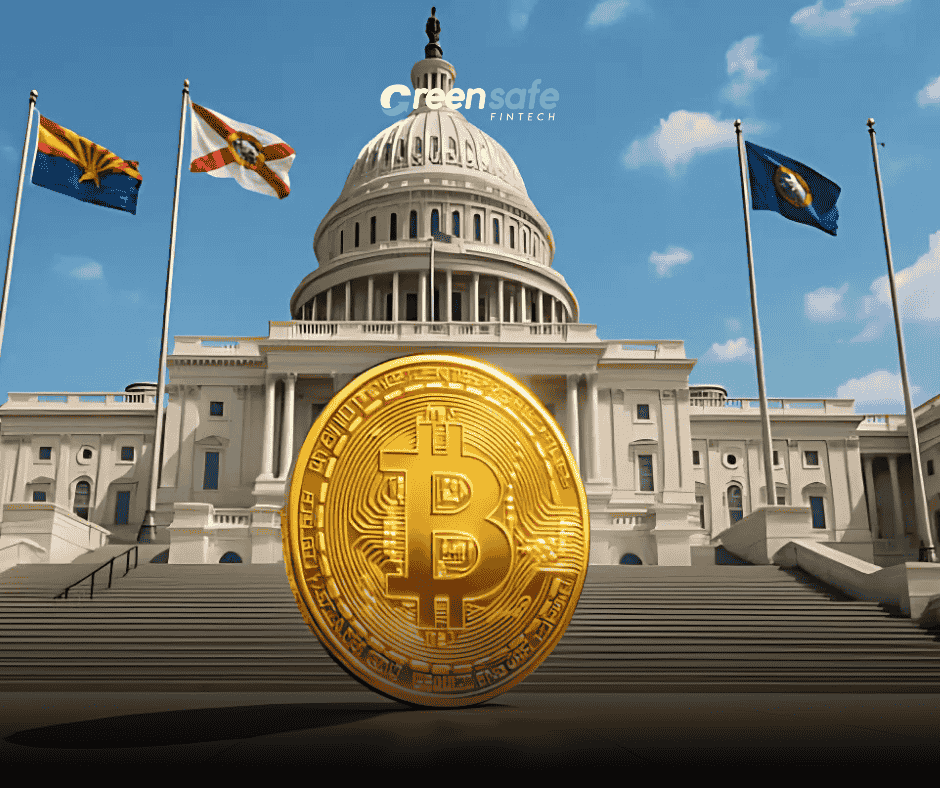In a major regulatory shift, the US Federal Reserve has officially rescinded two supervisory guidelines that previously restricted American banks from engaging in cryptocurrency and stablecoin activities. The decision, made public on Thursday, effectively eliminates the requirement for state-chartered banks to notify the Fed in advance of planned digital asset operations.
This move marks a significant departure from the cautionary stance previously held by the Fed, as outlined in its 2022 and 2023 supervisory letters. Those documents had advised banking institutions to seek permission or provide detailed notification before entering crypto-related activities, particularly in relation to stablecoins, also referred to as “dollar tokens.”
A Shift Toward Innovation and Oversight Through Normal Channels
In its statement, the Federal Reserve emphasized that the changes are intended to align supervisory expectations with “evolving risks” and to encourage innovation within the banking sector. The Fed now intends to oversee digital asset involvement by banks through its standard supervisory framework, rather than requiring separate pre-approvals.
One of the rescinded letters from 2022 had previously warned that banks must inform the Fed before participating in any crypto-asset-related activity. The second, released in 2023, specifically mandated a no-objection letter for banks wishing to test or engage in stablecoin-related initiatives.
With these supervisory letters officially withdrawn, state member banks are now free to explore crypto engagement without prior clearance, signaling a new era of regulatory openness in the United States.
Crypto Gains a Political Ally
The removal of these restrictions coincides with the Trump administration’s increasing support for digital assets. Former President Donald Trump, who is running for office again, has actively courted the cryptocurrency community, even dubbing himself the “first Bitcoin President.”
Backed by prominent figures in the crypto industry, Trump has pledged to streamline regulatory policies for digital assets. He has already established a federal working group to explore crypto regulation and has ordered the formation of a national Bitcoin reserve, a first-of-its-kind initiative.
In parallel, the Securities and Exchange Commission (SEC) has undergone a dramatic policy shift following the departure of former Chair Gary Gensler. Under the leadership of Paul Atkins, the SEC has reduced its enforcement actions against crypto firms and dropped several high-profile lawsuits.
Atkins, who reportedly holds a $6 million exposure to crypto assets, is seen as a pro-crypto regulator, further reinforcing the administration’s embrace of the digital asset industry.











